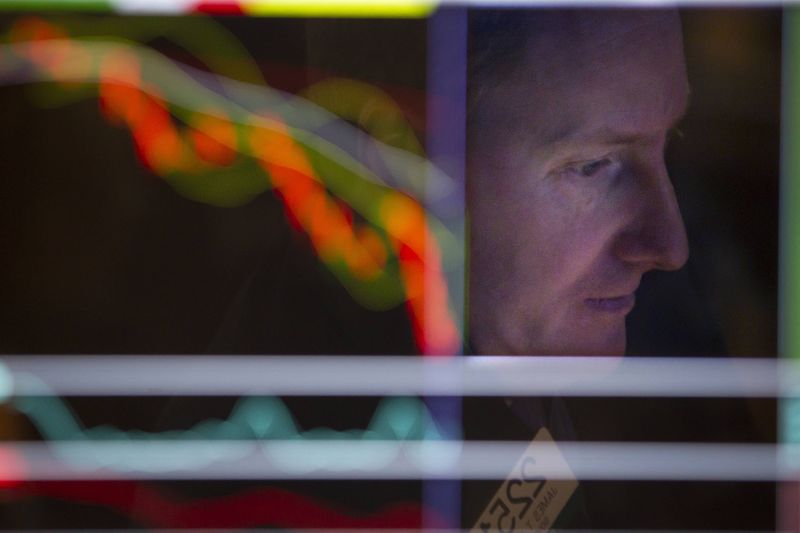President-elect Donald Trump has flagged that he has no plans to remove Federal Reserve chair Jerome Powell, a shift from his earlier criticisms of the central bank leader.
Not at risk
In an interview aired on NBC’s Meet the Press, Trump was asked if he would seek Powell’s resignation.
“No, I don’t think so. I don’t see it,” Trump said.
“I think if I told him to, he would. But if I asked him to, he probably wouldn’t. But if I told him to, he would.”
Pressed further, Trump said: “No, I don’t.”
This points to a softening on Powell from Trump since the election.
Powell was initially nominated by Trump in 2017 to lead the central bank and was reappointed by President Joe Biden for a second term.
In his first term as president, Trump criticised Powell repeatedly for his independent, unfettered interest rate decisions, even calling him “the enemy” in 2019.
Governments often dispute independent central bank decisions when they are unpopular, especially as elections loom.
Accordingly, Trump’s clashes with Powell have consisted of him opining that the Fed boss raised interest rates too aggressively in 2018 and later that he had cut them “too much” under Biden.
Despite his criticism, Trump did praise Powell in 2020 for slashing rates to zero to mitigate the economic fallout from the pandemic, while Trump was still the incumbent.
When asked this November if he would resign if requested by Trump, Powell responded that he would not, citing legal protections that allow a Fed chair to be removed only “for cause".
Such a decision would likely involve a lengthy legal battle and potential Supreme Court involvement.
‘Better instinct’ than people on the Fed
Trump has, unsurprisingly, expressed a desire for more input on the Fed’s interest rate decisions, saying: “I feel the president should have at least a say in there.
“I made a lot of money. I was very successful. And I think I have a better instinct than, in many cases, people that would be on the Federal Reserve.”
However, Powell and many economists defend the Fed’s independence, arguing that it ensures decisions are free from political influence, which helps maintain low inflation and economic stability.
“It’s a good institutional arrangement, which has been good for the public,” Powell said recently.
In Powell's case, at least, it appears that this test of value is good enough for Trump.
